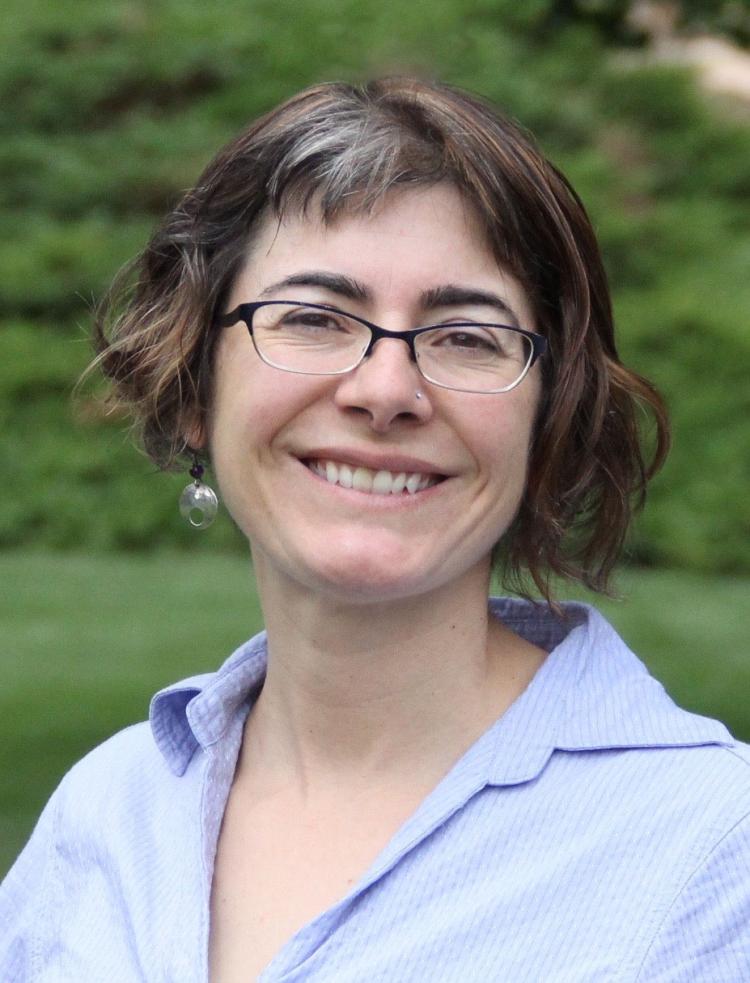Faculty in Focus: Transforming undergraduate science education
With knowledge built on more than 10 years of experience with the Science Education Initiative (SEI), a CU Boulder researcher and physicist co-authored a free, open-source guide for implementing evidence-based improvements in undergraduate STEM education.

Stephanie Chasteen
The Science Education Initiative Handbook offers program organizers, administrators and departmental leaders practical advice for engaging faculty in the work of course transformation by embedding educational specialists within departments. It also provides supportive guidance for the postdocs or instructors partnering with faculty to make these changes to their courses.
Stephanie Chasteen, co-author and associate director of the SEI at CU Boulder, documented the best practices that came from the successful Science Education Initiative spearheaded by Nobel laureate and physicist Carl Wieman and made possible through $5 million in funding from CU Boulder. The SEI has sparked a number of institutions to invest in similar programs, including partners in the Transforming Institutions, Stimulating Teaching and Learning (TRESTLE) network, which Chasteen directs at CU Boulder. TRESTLE builds on the lessons learned in the SEI.
The handbook explains how to structure such initiatives and solicit departmental proposals; foster partnerships between STEM faculty and dedicated education specialists; use clear accountability and structures for partnerships with education specialists; reward faculty for their work with education specialists; and provide training, a community and clear roles for specialists so they can help support real change in how faculty teach.
Webinar
Who: Designed for program organizers, administrators and departmental leaders who are trying to support educational change within or across departments
What: “Embedding education specialists within departments to catalyze change”
When: Thursday, Feb. 28, 11 a.m.
Presenters: Stephanie Chasteen, CU Boulder, and Warren Code, University of British Columbia
The methods described in the book were used to successfully embed 24 education specialists in 71 STEM courses at CU Boulder over the course of the initiative. There were 102 faculty members who adopted new teaching methods designed to create systemic change in science education.
Chasteen and her collaborator, Warren Code of the University of British Columbia, will lead a webinar this month through the Accelerating Systemic Change Network. Enrollment is available online for the Feb. 28, 2019 webinar which will explore how to effectively use discipline-based education specialists to facilitate change within departments.


